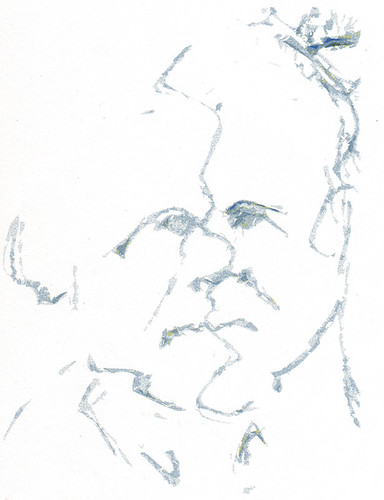People seem to be driven internally for simplicity of thought. But there are different types of simplicity. I am driven to find a simplicity that uses few concepts, few words, to explain and describe a wide variety of facts or perceptions or experiences. Others seem to be driven to find a simplicity that uses concepts actually to eliminate facts, perceptions, and experiences. They use their concepts to simplify what is known or knowable, thus simplifying their rules for understanding.
As examples, consider the stuff of the indefatigable "nature/nurture" monster, showing heads whenever people talk about human nature. Look at Vygotsky's simple conceptions of how children internalize external sign systems and behaviors as instrumental means, and, in the process, create who they are out of what they are and where they are. Then look at the aggravating reductions such as "the innate facility of language" or "the empirical construction of language." Those latter formulations seem to me simply to split half of reality—obvious reality—off and set it adrift, never to be considered. Why do people—intelligent people—do that? How can they make it work? Why doesn't it make them ill, as it does me?

No comments:
Post a Comment